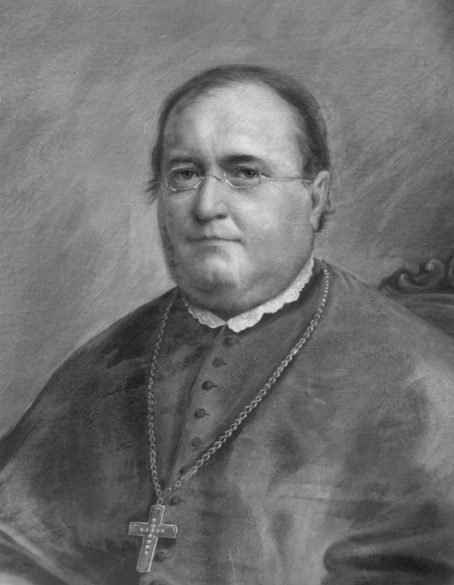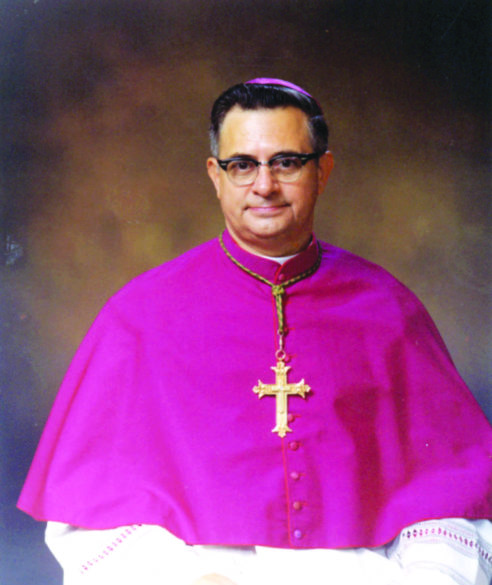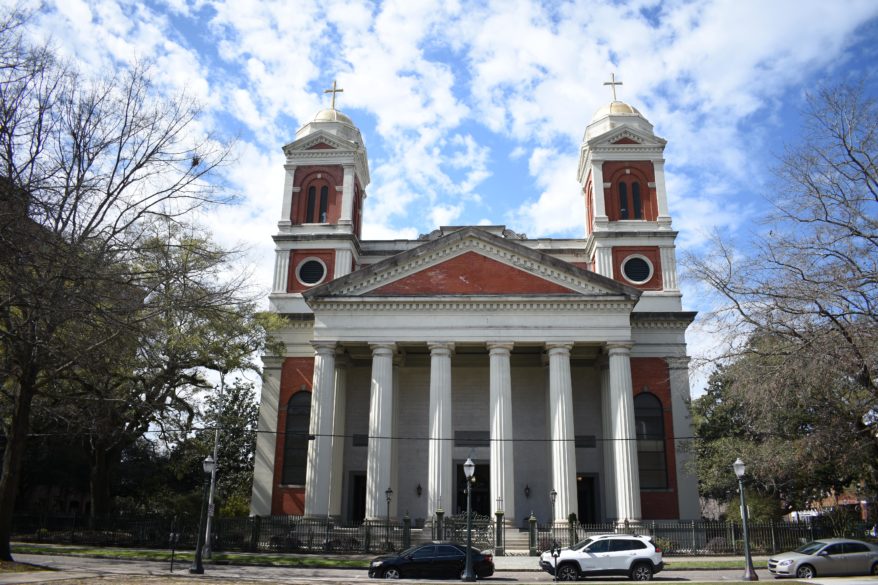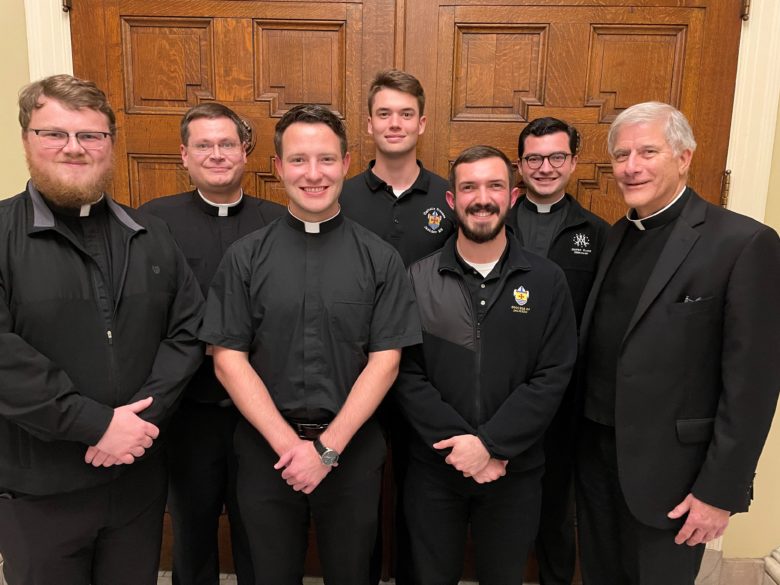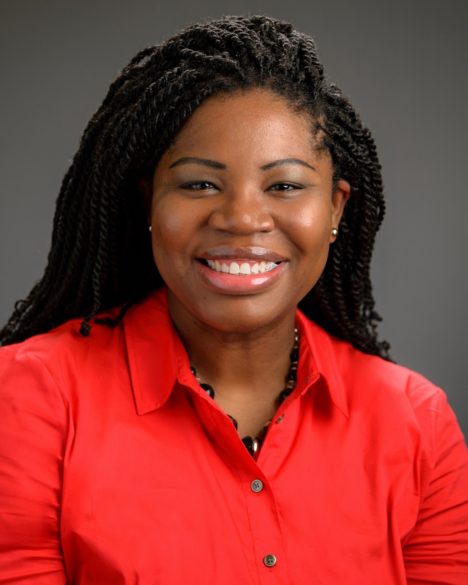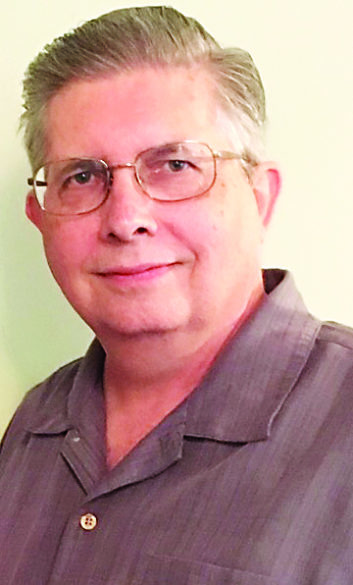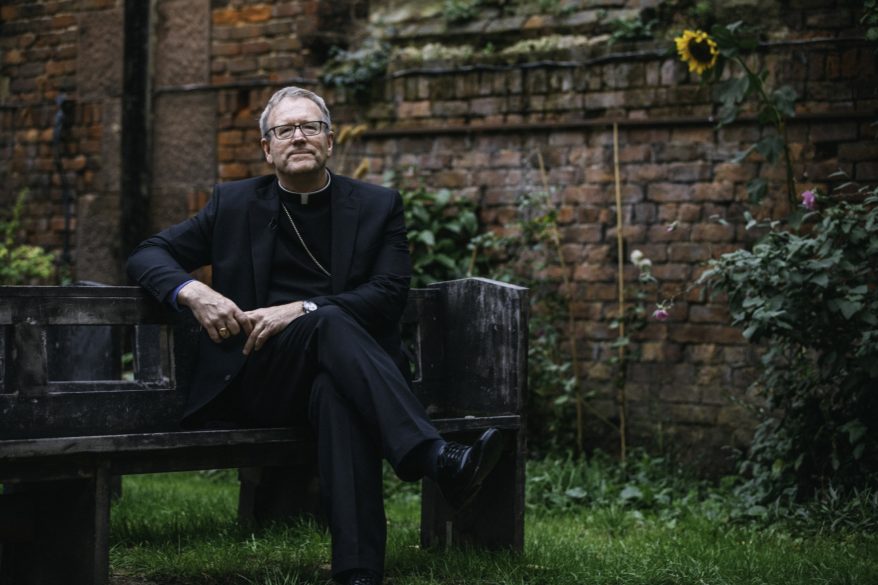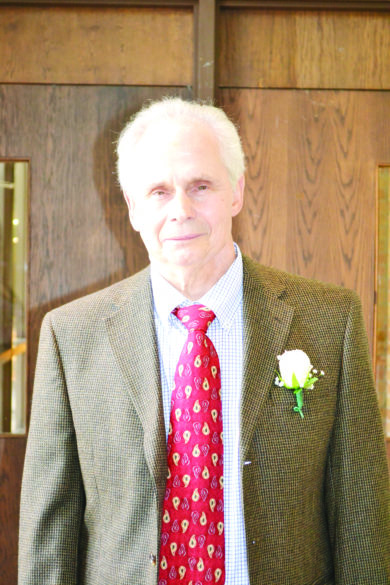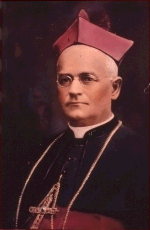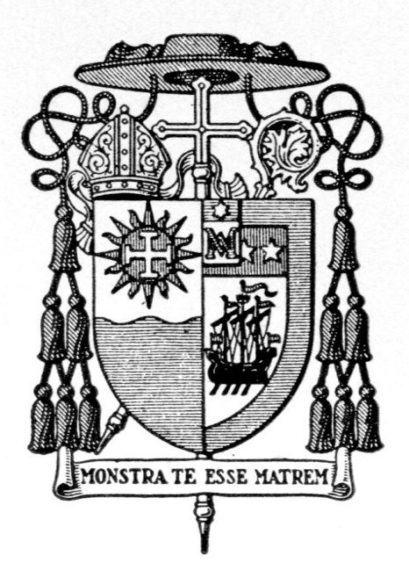Recientemente, la NASA lanzó al espacio el telescopio espacial James Webb, el telescopio más grande y caro jamás construido. Le tomará seis meses viajar un millón de millas desde la Tierra, encontrar su lugar permanente en el espacio y luego comenzar a transmitir imágenes a la Tierra. Esas imágenes serán únicas, como nunca antes se ha había visto. La esperanza es que nos permitirá ver mucho más en el espacio de lo que hemos visto antes, idealmente hasta los extremos de nuestro universo todavía en expansión, hasta las primeras partículas que surgieron de la explosión original, el Big Bang , que comenzó el tiempo y nuestro universo.
Los científicos estiman que nuestro universo comenzó hace 13,7 mil millones de años. Hasta donde sabemos, antes de eso, no existía nada, como lo entendemos hoy, excepto Dios. Luego, de esta aparente nada, hubo una explosión, el Big Bang, a partir de la cual todo se formó en el universo, incluido nuestro planeta tierra.

Al igual que con cualquier explosión, las partes que estaban más íntimamente entrelazadas, con la fuerza expulsora, son las que más se alejan. Por lo tanto, cuando los investigadores intentan determinar la causa de una explosión, están particularmente interesados en encontrar y examinar aquellas piezas que estaban más estrechamente ligadas a la fuerza original de la explosión y, en general, esas piezas salieron volando más lejos.
La fuerza del Big Bang aún continúa y aquellas partes de nuestro universo que estaban más íntimamente entrelazadas con sus comienzos todavía se están impulsando cada vez más hacia el espacio. Los científicos, en su investigación, están probando esa explosión original. Lo que el telescopio espacial James Webb espera ver son algunas de las partes originales de esa explosión inimaginable que dio a luz a nuestro universo, porque estas partes estaban allí desde el principio, en el origen de todo lo que existe.
Al verlos y examinarlos, la ciencia espera comprender mejor los orígenes de nuestro universo. Observar la emoción que sienten los científicos en torno a este nuevo telescopio y sus esperanzas de que nos muestre imágenes de partículas del principio de los tiempos, puede ayudarnos a comprender por qué el evangelista Juan tiene problemas para contener su entusiasmo cuando habla de Jesús en su primera Epístola. Está entusiasmado con Jesús porque, entre otras cosas, Jesús estuvo allí al principio del universo y, de hecho, al principio de todo. Para Juan, Jesús es un telescopio místico a través del cual podemos ver esa explosión primordial que creó el universo, ya que él estaba allí cuando sucedió.
Permítanme arriesgarme a parafrasear el comienzo de la Primera Epístola de Juan (1, 1-4) como él podría haberlo escrito para nuestra generación frente a nuestra curiosidad sobre los orígenes de nuestro universo:
Debes entender de quién y de qué estoy hablando:
Jesús no fue solo una persona extraordinaria que realizó algunos milagros o incluso quien resucitó de entre los muertos.
Estamos hablando de alguien que estuvo allí en los orígenes mismos de la creación,
quien es el fundamento de esa creación,
quién estaba con Dios cuando ocurrió “el Big Bang”,
e incluso antes de eso.
Increíblemente, pudimos verlo en persona, con ojos humanos,
el Dios que creó “el Big Bang”,
caminando entre nosotros!
De hecho, lo tocamos corporalmente.
De hecho, hablamos con él y lo escuchamos hablar,
el que estuvo en los orígenes de nuestro universo,
allí cuando tuvo lugar “el Big Bang”!
De hecho, es Él quien apretó el interruptor para activarlo,
con un plan en mente sobre a dónde debe ir,
un plan que nos incluye.
¿Quieres profundizar más en lo que sucedió en nuestros orígenes?
Bueno, Jesús es un telescopio místico para mirar.
Después de todo, él estaba allí al principio.
¡e increíblemente pudimos verlo, oírlo y tocarlo corporalmente!
Disculpe mi exuberancia, pero
pudimos caminar y hablar con alguien que estaba allí al principio de los tiempos.
Hay diferentes tipos de conocimiento y diferentes tipos de sabiduría, junto con diferentes vías para acceder a cada uno de ellos. La ciencia es una de esas vías, una importante. Durante demasiado tiempo la teología y la religión no lo consideraron un amigo. Eso fue, y sigue siendo, un trágico error ya que la ciencia tiene el mismo fundador y la misma intención que la teología y la religión.
La teología y la religión se han equivocado cada vez que han tratado de socavar la importancia de la ciencia o sus pretensiones de verdad. Lamentablemente, la ciencia a menudo ha devuelto el favor y ha visto a la teología y la religión como un enemigo en lugar de un colega. Los dos se necesitan mutuamente, sobre todo para comprender los orígenes y la intención de nuestro universo.
¿Cómo entendemos los orígenes y la intención de nuestro universo? La ciencia y Jesús. La ciencia está investigando esos orígenes con el interés de contarnos cómo sucedió y cómo se está desarrollando, mientras que Jesús, que estaba allí cuando sucedió, está más interesado en decirnos por qué sucedió y qué significa.
(El padre oblato Ron Rolheiser es teólogo, maestro y autor galardonado. Puede ser contactado a través de su sitio web www.ronrolheiser.com. Ahora en Facebook www.facebook.com/ronrolheiser)

